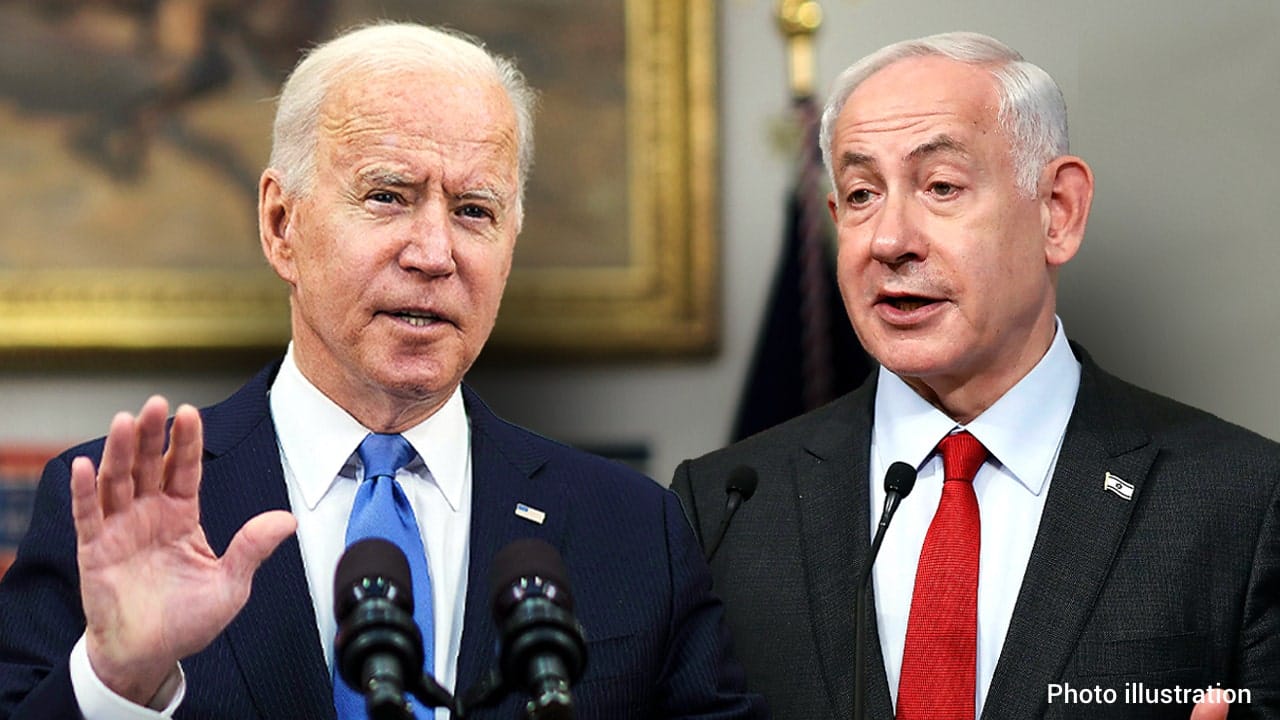In a display of resilience against the biting cold, thousands of South Koreans gathered in the capital city of Seoul on Saturday to demand the resignation of President Yoon Suk-yeol. The protests were marked by a significant turnout, as citizens expressed their dissatisfaction with the current administration and called for political accountability. This demonstration took place against a backdrop of heightened tensions in the political landscape, particularly with the looming detention deadline of a prominent opposition figure.
The protests were organized by a coalition of civic groups, labor unions, and opposition parties, who have been vocal critics of Yoon’s policies since he took office. Demonstrators braved freezing temperatures, wrapping themselves in thick coats and blankets while holding banners and chanting slogans. The atmosphere was charged with a sense of urgency, as many participants voiced their concerns over the direction of the country under Yoon’s leadership.
Central to the protests is the impending deadline for the detention of Lee Jae-myung, the leader of the main opposition Democratic Party. Lee has faced various legal challenges, including corruption allegations, which his supporters argue are politically motivated. The situation has galvanized opposition supporters, who view Lee’s plight as emblematic of broader issues regarding judicial independence and political repression in South Korea.
As the march progressed through the streets of Seoul, protesters carried signs demanding “Justice for Lee” and “Yoon Must Go.” The demonstration was peaceful, with participants expressing their frustrations through chants and songs. Many attendees shared personal stories of how Yoon’s policies have impacted their lives, from economic hardships to concerns over social justice.
The current political climate in South Korea has been marked by deep divisions. President Yoon, who took office in May 2022, has faced criticism for his handling of various domestic and foreign issues, including economic challenges, rising living costs, and relations with North Korea. His administration’s approach to these matters has been met with skepticism by many citizens, leading to a growing sense of discontent.
In response to the protests, the government has reiterated its commitment to uphold the rule of law and maintain order. Officials have stated that the legal proceedings against opposition figures, including Lee, are based on evidence and due process, asserting that the judiciary operates independently of political influence. However, critics argue that the government’s stance reflects a broader trend of silencing dissent and undermining democratic principles.
The protests in Seoul are not an isolated incident but rather part of a larger wave of civil unrest that has swept through South Korea in recent months. Citizens have increasingly taken to the streets to voice their concerns over various issues, including labor rights, environmental policies, and government transparency. The current demonstration is seen as a culmination of these grievances, with many protesters expressing a desire for systemic change.
As the demonstration unfolded, speakers took to the stage to address the crowd, emphasizing the importance of civic engagement and the need for accountability from elected officials. They called on fellow citizens to remain vigilant and active in the political process, highlighting that the future of democracy in South Korea depends on public participation and advocacy.
The weather conditions posed a challenge for many protesters, with temperatures dropping significantly throughout the day. However, the determination of the demonstrators was evident as they continued to rally, undeterred by the harsh elements. The solidarity displayed among participants underscored a collective commitment to their cause, reflecting a broader movement for change within South Korean society.
Looking ahead, it remains to be seen how the government will respond to the mounting pressure from the public. The protests are likely to continue, particularly as the deadline for Lee Jae-myung’s detention approaches. Many observers are closely monitoring the situation, recognizing that the outcome could have significant implications for South Korea’s political landscape and the future of its democracy.
In conclusion, the protests in Seoul serve as a reminder of the power of civic engagement and the importance of holding leaders accountable. As South Koreans brave the cold to demand change, their actions underscore a growing desire for political reform and a more transparent government. The unfolding events will undoubtedly shape the trajectory of the nation as it navigates its complex political landscape in the months to come.


